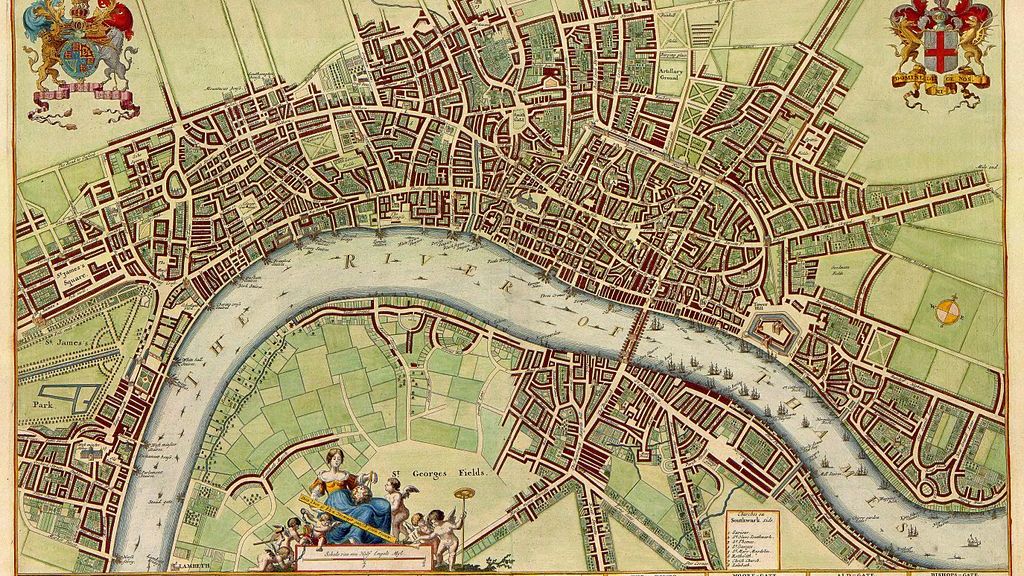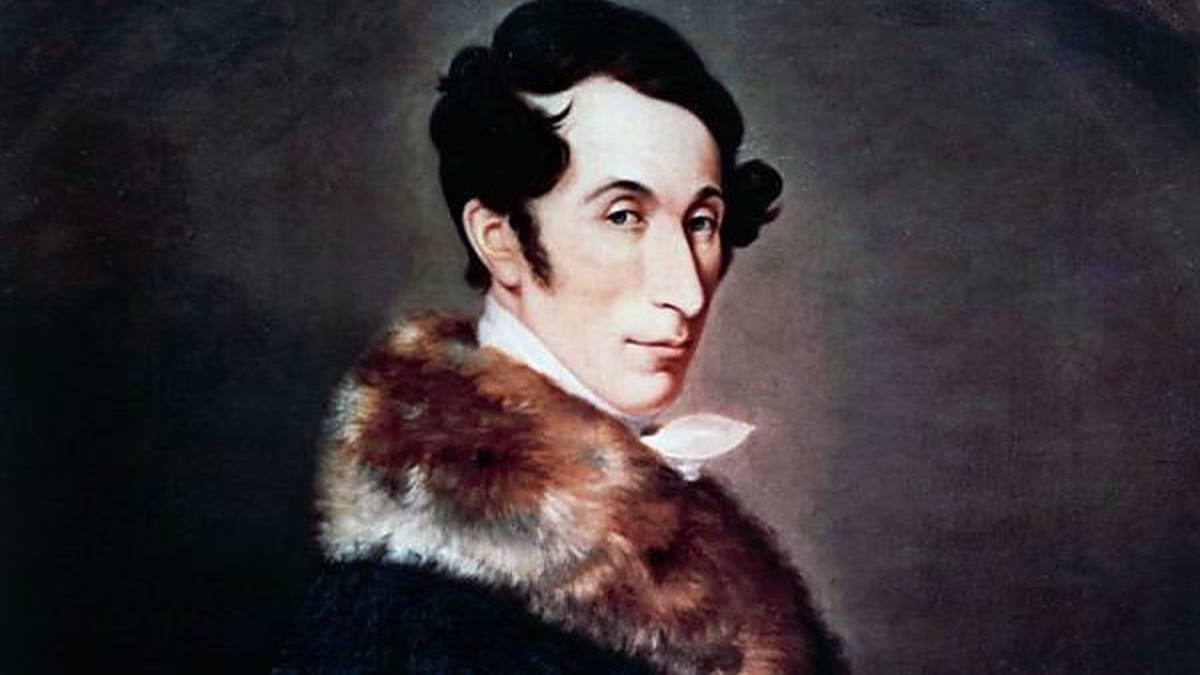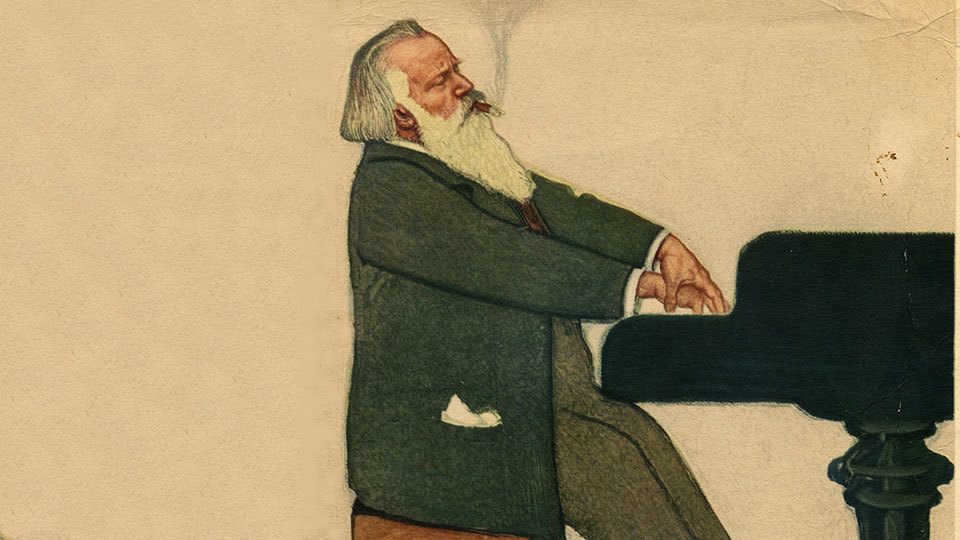Vaughan Williams’ “Whither Must I Wander?”: Bryn Terfel
The twentieth century brought a revival of the English art song, which had fallen fallow after the death of Henry Purcell in 1695. (William M. Adams) Central to this revival was Ralph Vaughan Williams, a composer who drew inspiration frequently from England’s distant musical past. First published in the magazine, The Vocalist, in 1902, Whither Must I Wander? became part of Vaughan Williams’ Songs of Travel. The cycle of nine songs, originally written …







